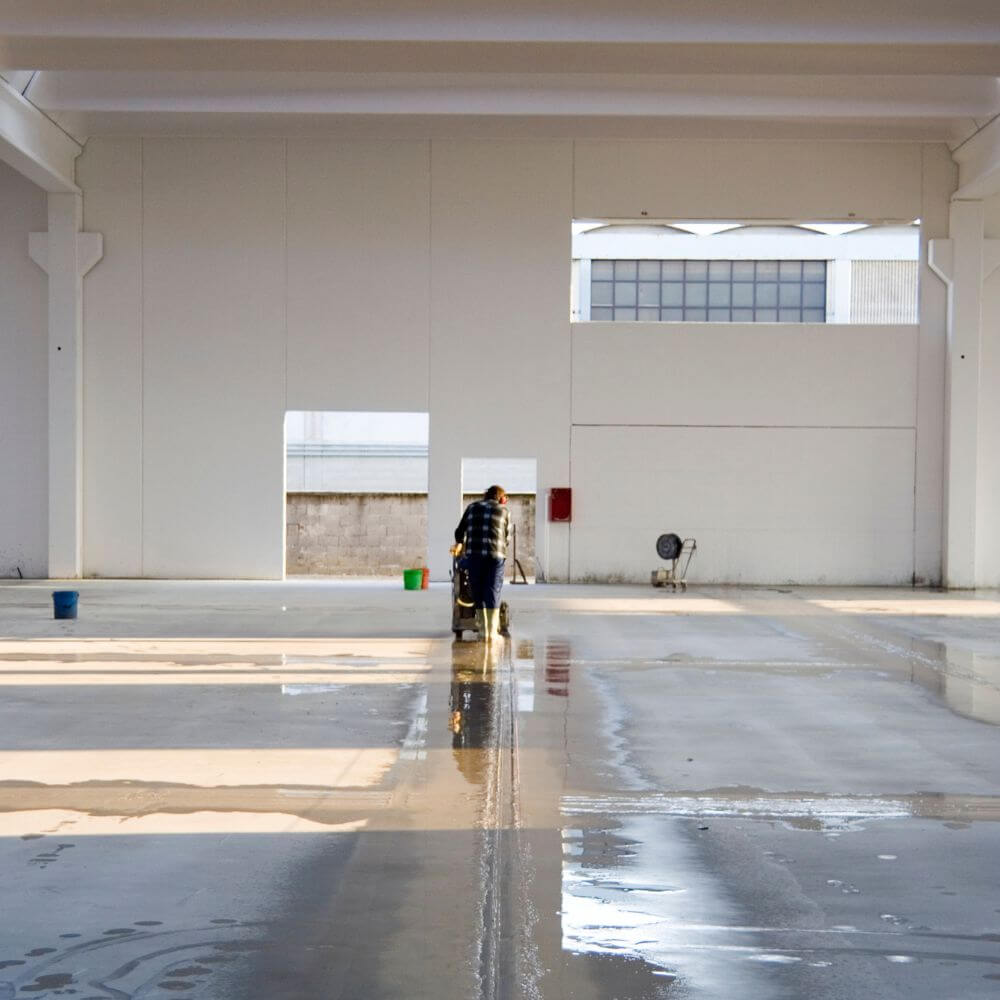Benefits of Using Expansion Joint Filler for Industrial Concrete Floors

Expansion joint filler is a material that is used to fill the gaps in expansion joints. It helps to seal the joint and prevent water from entering it. This material also has a thermal insulator which helps to reduce heat loss. An expansion joint is a mechanical device that allows for movement of structures, such as buildings, bridges, and highways, without damage to the building materials or the structure itself.
Expansion joints allow for these structures to expand due to temperature changes or other factors and contract back when they return to their original position. They are necessary because if they are not present, these structures will crack and break from a lot of traffic.
An expansion joint is a part of a building’s structure that can resist the forces from thermal expansion and contraction. Expansion joints are usually placed in areas where the building has large temperature changes, such as doorways, windows, and walls.
A crack filler helps fill in cracks which may have formed on a concrete slab or pavement surface due to settlement or other structural movement. Crack fillers come in two types: temporary and permanent.
What Are the Benefits of Using a Crack Filler?
Crack fillers have a number of benefits:
- First, they can help to prevent water from entering the crack and causing further damage.
- Second, they can help to improve the appearance of the concrete surface by filling in the cracks.
- Third, they can help to extend the life of the concrete surface by sealing the cracks and preventing them from getting worse.
If you have cracks in your concrete surface, then you should consider using a crack filler.
What is an Expansion Joint and How Do They Help Prevent Damage?
A concrete expansion joint is a material placed in the construction of a building or structure to allow for movement due to thermal expansion and contraction. They are commonly used in masonry, concrete, and metal construction.
- Expansion joints allow buildings to expand and contract with changes in temperature. This prevents cracking and other damage that can occur when building materials are unable to move.They are also called “movement joints” or “temperature joints”.
- While expansion joints are most commonly used in construction, they can also be used in other applications such as bridges, railway tracks, and piping systems. Expansion joints help to prevent damage by absorbing stress and movement that would otherwise cause cracking and other problems.
How to Prevent Cracks in an Expansion Joint?
If you have an expansion joint in your concrete, asphalt, or brick surface, it is important to maintain it to prevent cracks. Here are a few tips on how to prevent cracks in an expansion joint:
- Check the joint regularly for any sign of cracking or damage.
- If you see any damage, repair it immediately with a sealant or patch.
- Be sure to clean the joint regularly so that dirt and debris don’t build up and cause further damage.
- In cold weather, Expansion joints should be kept clear of snow and ice to prevent cracking.
- If you need to drive over an expansion joint, do so carefully to avoid putting too much weight on the surface and causing cracking.
Different Causes for Cracks in Expansion Joints
There are several different causes for cracks in expansion joints.
Some of the most common causes for cracks in expansion joints are:
- Lack of proper maintenance
- A change in the environment (e.g. a change in temperature)
- A change in the construction materials used
- The use of materials that are not compatible with each other
Call Capital Industries, Inc. today at 631-298-6300 to learn more about our expansive inventory of commercial concete repair products and services!


Capital Industries, Inc. is a leading supplier of commercial and industrial concrete repair products. For over 30 years, we have proudly serviced contractors, factories, warehouses and distribution centers for industrial, institutional and commercial customers. We carry a full range of concrete repair materials, including those specifically designed for low temperature areas such as freezers and coolers. Our floor repair products are rapid hardening, allowing you to reopen repaired areas with minimal downtime. All of our products are designed to be used by in-house maintenance personnel and come with an ironclad 100% guarantee of satisfaction.

